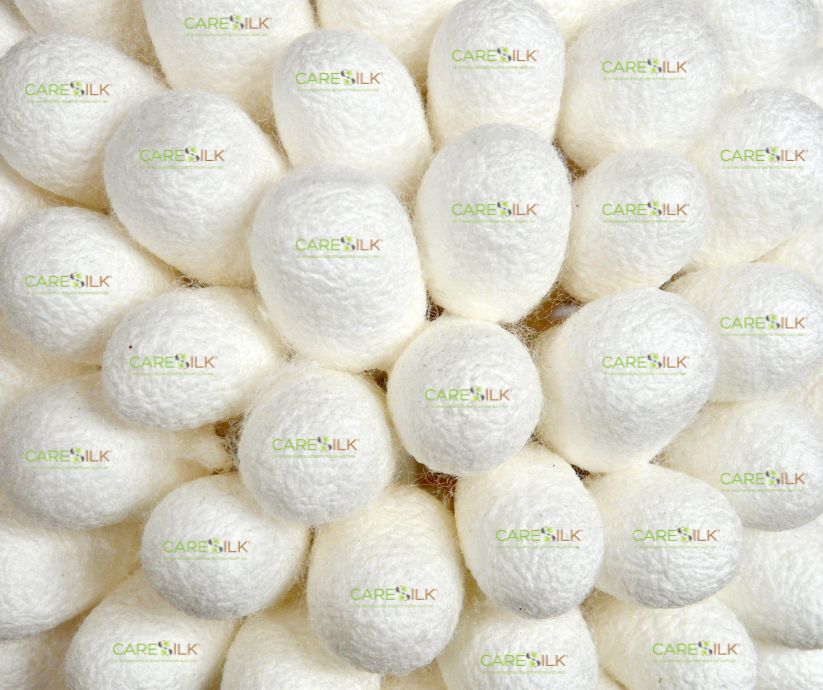The contemporary biopharmaceutical industry faces increasingly challenging confrontations in the downstream processing of therapeutic proteins, where selectivity and efficiency of separations represent critical factors for ensuring the purity and integrity of target biomolecules. In this context, silk fibroin-based membranes can be representative of a new active dynamism capable of providing advanced solutions for the purification of monoclonal antibodies and other proteins of pharmaceutical interest, through highly selective and biocompatible separation mechanisms.
Structural and functional characteristics
The processual versatility of fibroin allows for the modulation of physicochemical properties of membranes through various cross-linking approaches, including treatments with methanol, water vapor, and specific chemical agents. This flexibility in membrane structure engineering translates into the possibility of optimizing critical parameters such as surface charge density, hydrophilicity, and dimensional selectivity according to specific application requirements in downstream processing.
In the context of biopharmaceutical downstream processing, fibroin membranes find primary application in primary clarification and intermediate separation phases, where the ability to selectively remove cellular contaminants, debris, and high molecular weight impurities is fundamental for preserving the integrity of target proteins. The biocompatible nature of the protein minimizes non-specific adsorption of therapeutic proteins, reducing product losses during filtration operations.
The surface chemistry properties of these membranes also allow for the aggregation of surface functionalization strategies through covalent immobilization of affinity-based ligands, transforming membranes from simple dimensional separation systems to highly selective chromatographic platforms. This characteristic proves very advantageous in applications requiring specific capture of monoclonal antibodies and engineered antibody fragments.
Monoclonal antibody purification
Monoclonal antibody purification represents the combination of dimensional selectivity and biochemical affinity that can provide competitive alternatives to traditional Protein A chromatographic systems. Fibroin membranes modified with specific ligands for antibody Fc regions demonstrate binding capacities comparable to conventional chromatographic resins, simultaneously offering significant operational advantages in terms of processing speed and scalability.
Their introduction and utilization during antibody purification processes allows for the reduction of residence times and optimization of elution profiles, minimizing exposure of biomolecules to potentially denaturing conditions. The mechanical stability of membranes also enables the use of high operational flows without compromising the structural integrity of the separation system, resulting in an increase in overall volumetric productivity of the process.
This also occurs within multi-dimensional chromatographic systems where they have been shown to represent a strategic approach for optimizing protein purification processes on an industrial scale. Membranes can thus be inserted as pre-purification elements upstream of high-resolution chromatographic columns, reducing contaminant load and improving the efficiency of subsequent separations.
Their compatibility with automated control systems standard in the biopharmaceutical industry facilitates access to process analytical technology (PAT) methods for real-time monitoring of separation operations. Integrated sensors allow for dynamic optimization of operational parameters, including pH gradient, salt concentration, and flow rate, maximizing purification yield and qualitative consistency of the final product.
Economic aspects and industrial scalability
Comparative economic analysis between fibroin membranes and traditional chromatographic systems highlights significant advantages in terms of operational costs, particularly in applications characterized by high processing volumes. The intrinsic durability of silk protein membranes, combined with the possibility of multiple regeneration through optimized cleaning-in-place protocols, contributes to the reduction of costs per unit of purified product.
The scalability of fibroin-based membrane technologies is facilitated by the modularity of filtration systems, which allows for incremental expansion of production capacity through the addition of parallel membrane modules. This characteristic represents a competitive advantage over conventional chromatographic systems, where scalability requires proportionally higher investments in larger diameter columns and more complex flow distribution systems.


